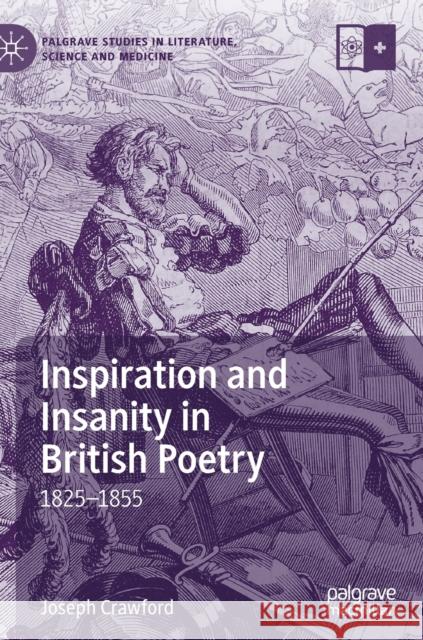Inspiration and Insanity in British Poetry: 1825-1855 » książka
topmenu
Inspiration and Insanity in British Poetry: 1825-1855
ISBN-13: 9783030216702 / Angielski / Twarda / 2019 / 248 str.
Inspiration and Insanity in British Poetry: 1825-1855
ISBN-13: 9783030216702 / Angielski / Twarda / 2019 / 248 str.
cena 301,18
(netto: 286,84 VAT: 5%)
Najniższa cena z 30 dni: 289,13
(netto: 286,84 VAT: 5%)
Najniższa cena z 30 dni: 289,13
Termin realizacji zamówienia:
ok. 16-18 dni roboczych.
ok. 16-18 dni roboczych.
Darmowa dostawa!
Kategorie:
Kategorie BISAC:
Wydawca:
Palgrave MacMillan
Seria wydawnicza:
Język:
Angielski
ISBN-13:
9783030216702
Rok wydania:
2019
Dostępne języki:
Numer serii:
000778134
Ilość stron:
248
Waga:
0.45 kg
Wymiary:
21.01 x 14.81 x 1.6
Oprawa:
Twarda
Dodatkowe informacje:
Wydanie ilustrowane











